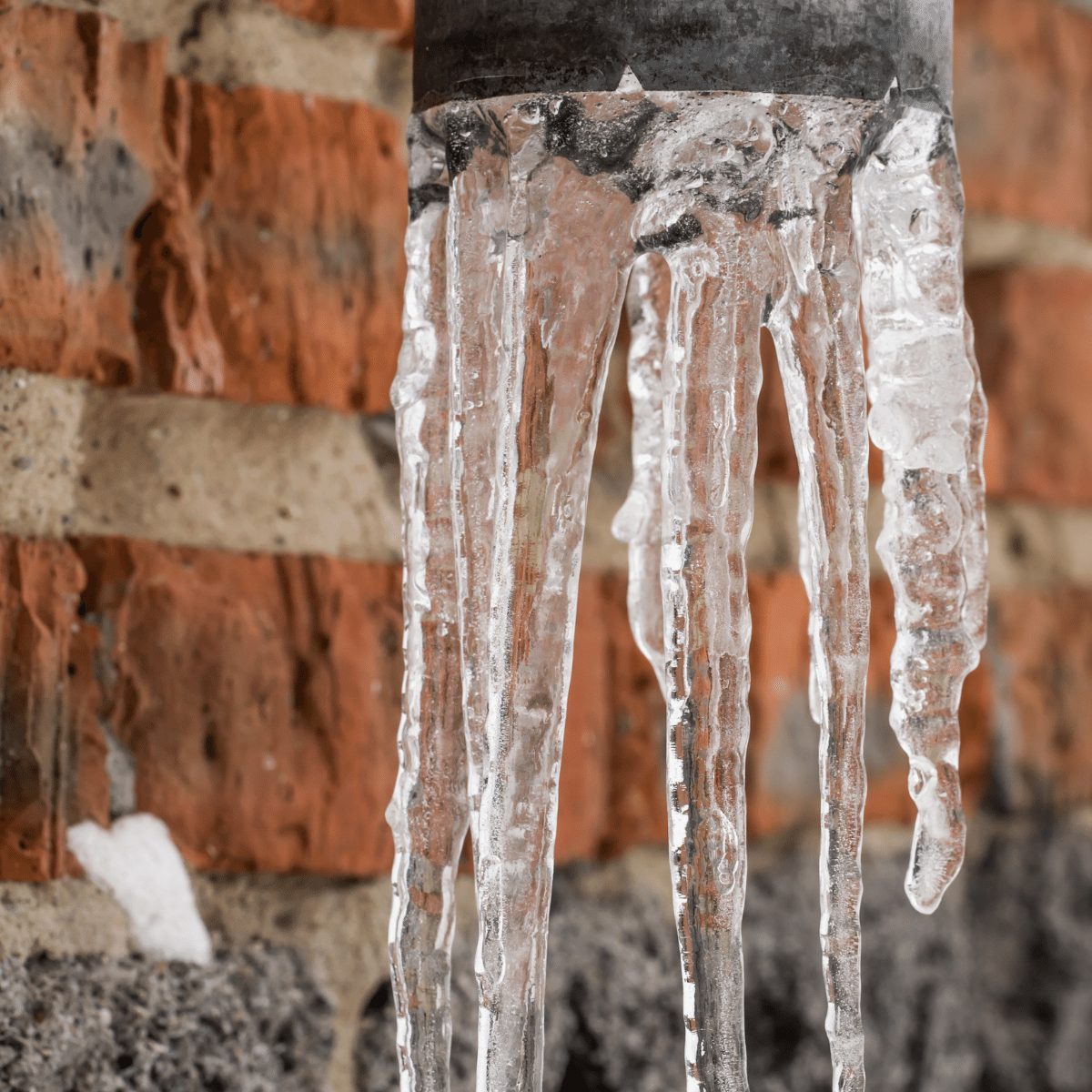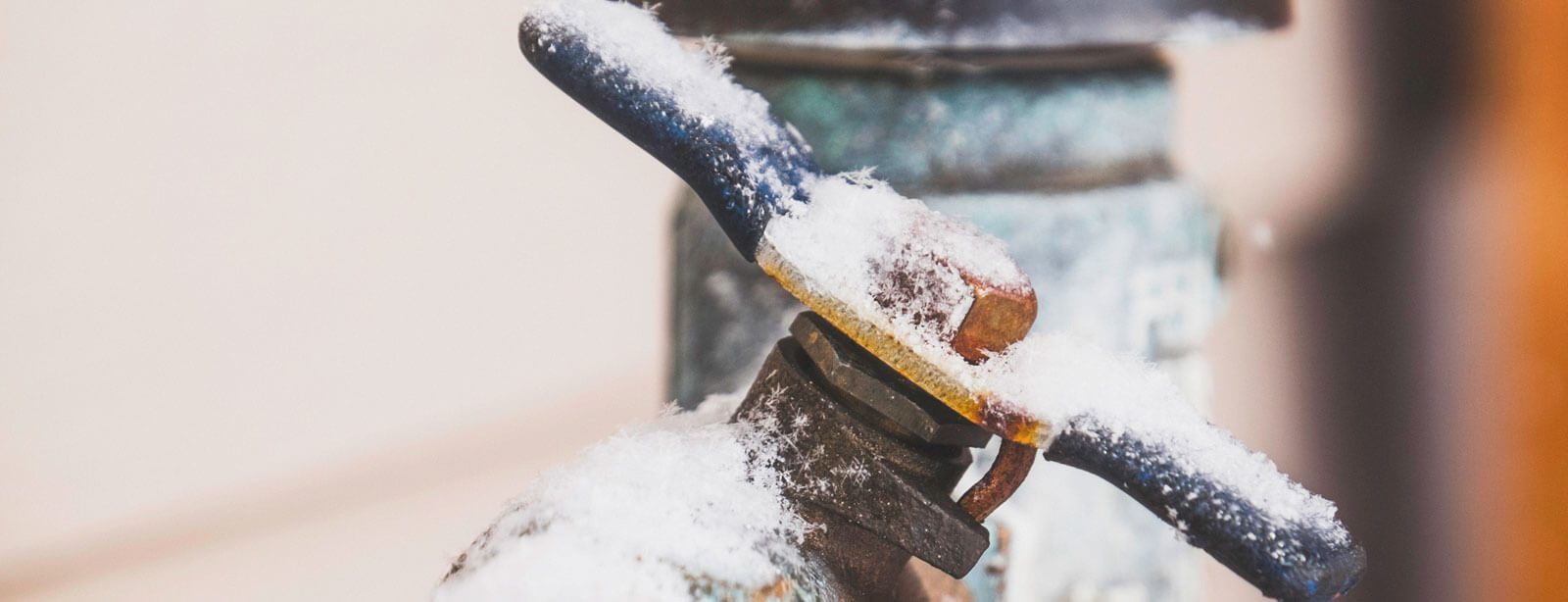Crucial Tips for Preventing Frozen Pipes in Cold Weather Conditions
Crucial Tips for Preventing Frozen Pipes in Cold Weather Conditions
Blog Article
We have noticed this great article about Winter Plumbing Precautions: Preventing Frozen Pipes directly below on the internet and thought it made sense to talk about it with you on this page.

Cold weather can wreak havoc on your plumbing, particularly by freezing pipes. Here's just how to stop it from taking place and what to do if it does.
Intro
As temperature levels decrease, the risk of icy pipelines boosts, possibly resulting in expensive fixings and water damages. Understanding how to avoid frozen pipes is vital for homeowners in cold climates.
Understanding Frozen Pipes
What causes pipelines to ice up?
Pipes ice up when exposed to temperature levels listed below 32 ° F (0 ° C) for prolonged periods. As water inside the pipes freezes, it expands, taxing the pipeline walls and potentially creating them to rupture.
Threats and damages
Icy pipes can bring about water interruptions, residential or commercial property damages, and expensive repair services. Ruptured pipes can flood homes and trigger substantial architectural damages.
Indications of Frozen Water Lines
Recognizing icy pipes early can avoid them from bursting.
How to identify frozen pipelines
Seek reduced water flow from faucets, uncommon smells or noises from pipelines, and noticeable frost on subjected pipes.
Avoidance Tips
Protecting vulnerable pipelines
Wrap pipelines in insulation sleeves or utilize heat tape to shield them from freezing temperatures. Focus on pipes in unheated or exterior areas of the home.
Home heating methods
Maintain interior rooms sufficiently warmed, especially areas with pipes. Open closet doors to allow cozy air to circulate around pipelines under sinks.
Safeguarding Exterior Plumbing
Garden tubes and outdoor taps
Disconnect and drain yard hoses before wintertime. Install frost-proof spigots or cover outdoor taps with protected caps.
What to Do If Your Pipelines Freeze
Immediate activities to take
If you suspect icy pipelines, maintain faucets available to ease pressure as the ice melts. Make use of a hairdryer or towels soaked in warm water to thaw pipes slowly.
Long-Term Solutions
Architectural modifications
Think about rerouting pipelines far from outside wall surfaces or unheated locations. Include extra insulation to attic rooms, cellars, and crawl spaces.
Updating insulation
Purchase high-quality insulation for pipelines, attic rooms, and wall surfaces. Correct insulation aids preserve consistent temperature levels and lowers the danger of frozen pipelines.
Final thought
Stopping frozen pipelines requires positive steps and quick reactions. By comprehending the causes, indications, and preventive measures, property owners can safeguard their plumbing during winter.
Helpful Tips to Prevent Frozen Pipes this Winter
UNDERSTANDING THE BASICS: WHY PIPES FREEZE AND WHY IT’S A PROBLEM
Water freezing inside pipes is common during the winter months, but understanding why pipes freeze, and the potential problems it can cause is crucial in preventing such incidents. This section will delve into the basics of why pipes freeze and the associated problems that may arise.
THE SCIENCE BEHIND FROZEN PIPES
When water reaches freezing temperatures, it undergoes a physical transformation and solidifies into ice. This expansion of water as it freezes is the primary reason pipes can burst. As the water inside the pipe freezes, it expands, creating immense pressure on the walls. If the pressure becomes too great, the pipe can crack or rupture, leading to leaks and water damage.
FACTORS THAT CONTRIBUTE TO PIPE FREEZING
Low Temperatures: Extremely cold weather, especially below freezing, increases the risk of pipes freezing. Uninsulated or Poorly Insulated Pipes: Pipes located in unheated areas, such as basements, crawl spaces, or attics, are more prone to freezing. Insufficient insulation or lack of insulation altogether exacerbates the problem. Exterior Wall Exposure: Pipes running along exterior walls are susceptible to freezing as they encounter colder temperatures outside. Lack of Heating or Temperature Regulation: Inadequate heating or inconsistent temperature control in your home can contribute to frozen pipes. PROBLEMS CAUSED BY FROZEN PIPES
- Pipe Bursting: As mentioned earlier, the expansion of water as it freezes can cause pipes to burst, resulting in significant water damage.
- Water Damage: When pipes burst, it can lead to flooding and water damage to your property, including walls, ceilings, flooring, and personal belongings.
- Structural Damage: Prolonged exposure to water from burst pipes can compromise the structural integrity of your home, leading to costly repairs.
- Mold and Mildew Growth: Excess moisture from water damage can create a favorable environment for mold and mildew growth, posing health risks to occupants.
- Disrupted Water Supply: Frozen pipes can also result in a complete or partial loss of water supply until the issue is resolved.
WHY CERTAIN PIPES ARE MORE PRONE TO FREEZING
- Location: Pipes located in unheated or poorly insulated areas, such as basements, crawl spaces, attics, or exterior walls, are at higher risk of freezing.
- Exterior Pipes: Outdoor pipes, such as those used for irrigation or exposed plumbing, are particularly vulnerable to freezing as they are directly exposed to the elements.
- Supply Lines: Pipes that carry water from the main water supply into your home, including the main water line, are critical to protect as freezing in these lines can affect your entire plumbing system.
- Underground Pipes: Pipes buried underground, such as those connected to sprinkler systems or outdoor faucets, can be susceptible to freezing if not properly insulated.
https://busybusy.com/blog/helpful-tips-to-prevent-frozen-pipes-this-winter/

I'm certainly very intrigued by Winter Plumbing Precautions: Preventing Frozen Pipes and I am praying you liked the new post. Enjoyed reading our review? Please quickly share it. Help another person find it. Thanks for your time spent reading it.
Get An Estimate Report this page